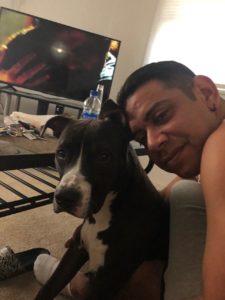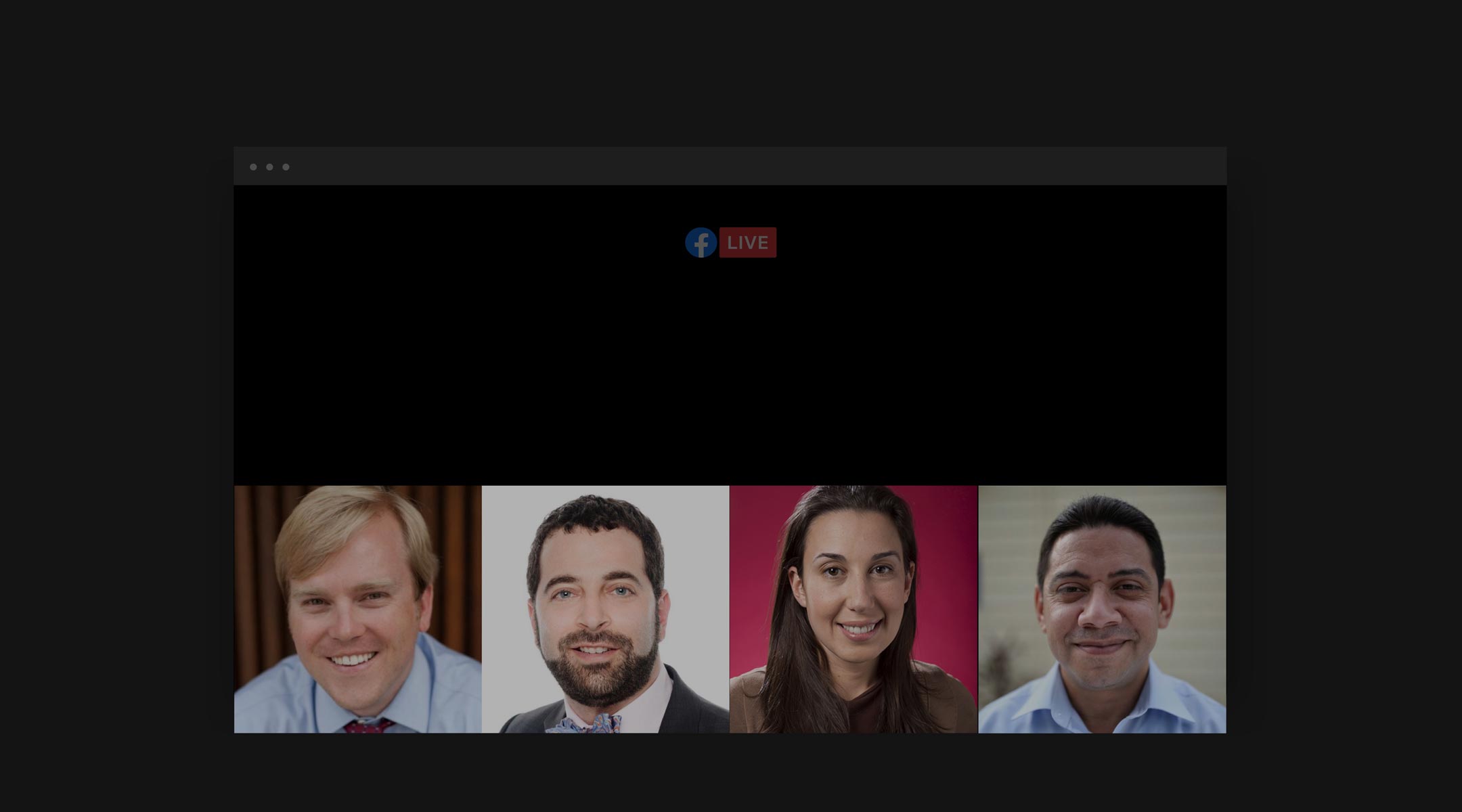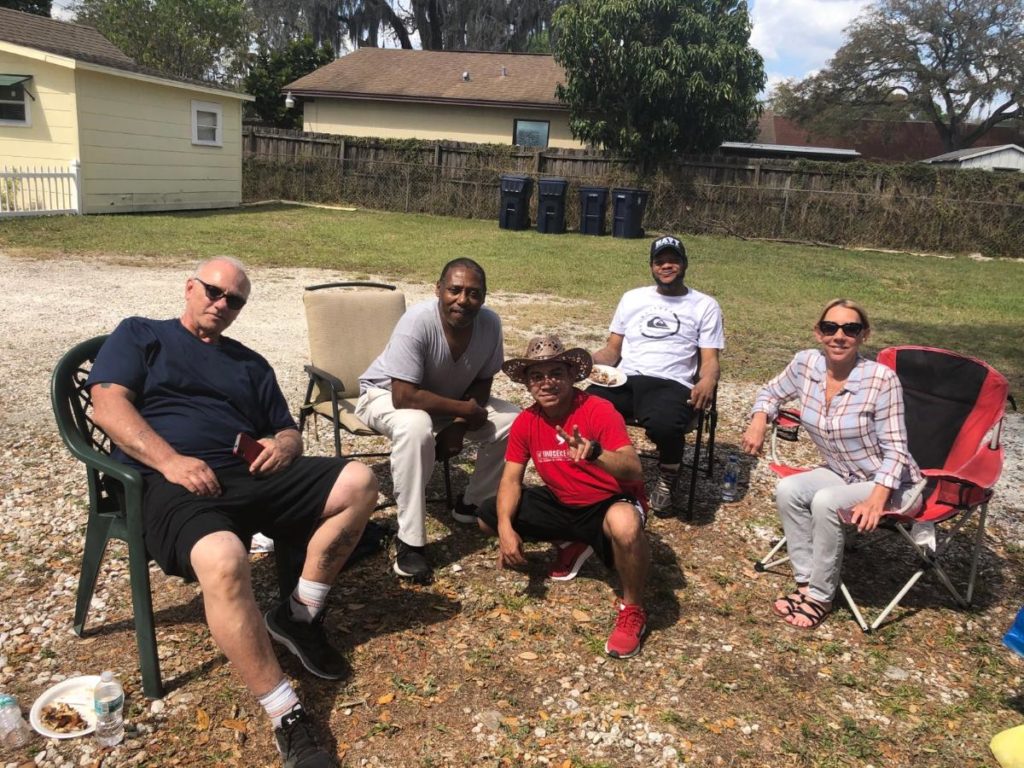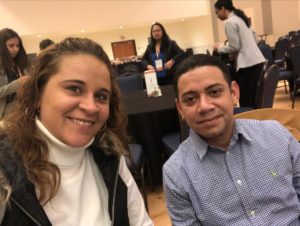This Death Row Exoneree is Advocating for Compensation and Support for Exonerees During COVID-19 Crisis
We talked to Clemente Aguirre-Jarquin about the coronavirus crisis, Floridau's compensation laws, and the death penalty.
04.14.20 By Isabel Vasquez
The COVID-19 (coronavirus) crisis has created new challenges for exonerees and the need to fix Florida’s compensation laws is now more urgent than ever. Last week, we hosted a virtual town hall to discuss the impact of this pandemic on Florida exonerees and the innocent who remain behind bars. Among the panelists was our former client, Clemente Aguirre-Jarquin.
Clemente was wrongly convicted in 2006 for the stabbing deaths of his two former neighbors and was denied compensation after spending 14 years in prison — including a decade on death row — because he didn’t file his claim within 90 days of his conviction being overturned, as required under the law. But the reason Clemente did not file in that time period was because — even after the Florida Supreme Court threw out his conviction — he remained in jail as prosecutors announced they would to retry him for the murder and seek the death penalty a second time. It was not until two years later that prosecutors finally dropped all charges and Clemente was exonerated. As a free man, he quickly filed for compensation. But the judge who reviewed his claim said that his filing came too late under Florida’s existing version of the law, and that the court had no choice but to dismiss his application. To this day, Clemente has not received any compensation from the state of Florida for the 12 years he wrongfully spent in prison.
We talked to Clemente about the coronavirus crisis, Florida’s compensation laws, among other things, and this is what he had to say:

This pandemic has affected us all. But it affects us, the exonerees in a different way. No one can leave their homes, and I know it is for our own good. But not being able to go anywhere, one way or another, makes you go back in time and think about when you were in prison. You also panic about being accused of not obeying those orders. And you panic about going outside because you do not want to get sick, since many of us do not have health insurance.
Three other exonerees also live in the community where I live, among them Paul Hildwin, who was released from prison a few weeks ago. I met Paul for the first time around 2009 when we were in the same prison, the same ward, but in different cells. The first thing he said to me when he first saw me was “you look good with hair.” Paul has won the battle against cancer four times, and he just turned 60 years old, which we celebrated here eating carne asada. It is important to have other people by your side who understand and know what you have been through. We can support each other, especially in these moments of panic and uncertainty for everyone.



I watched the Netflix series and noticed the African Americans didn’t receive compensation like the whites did. ?